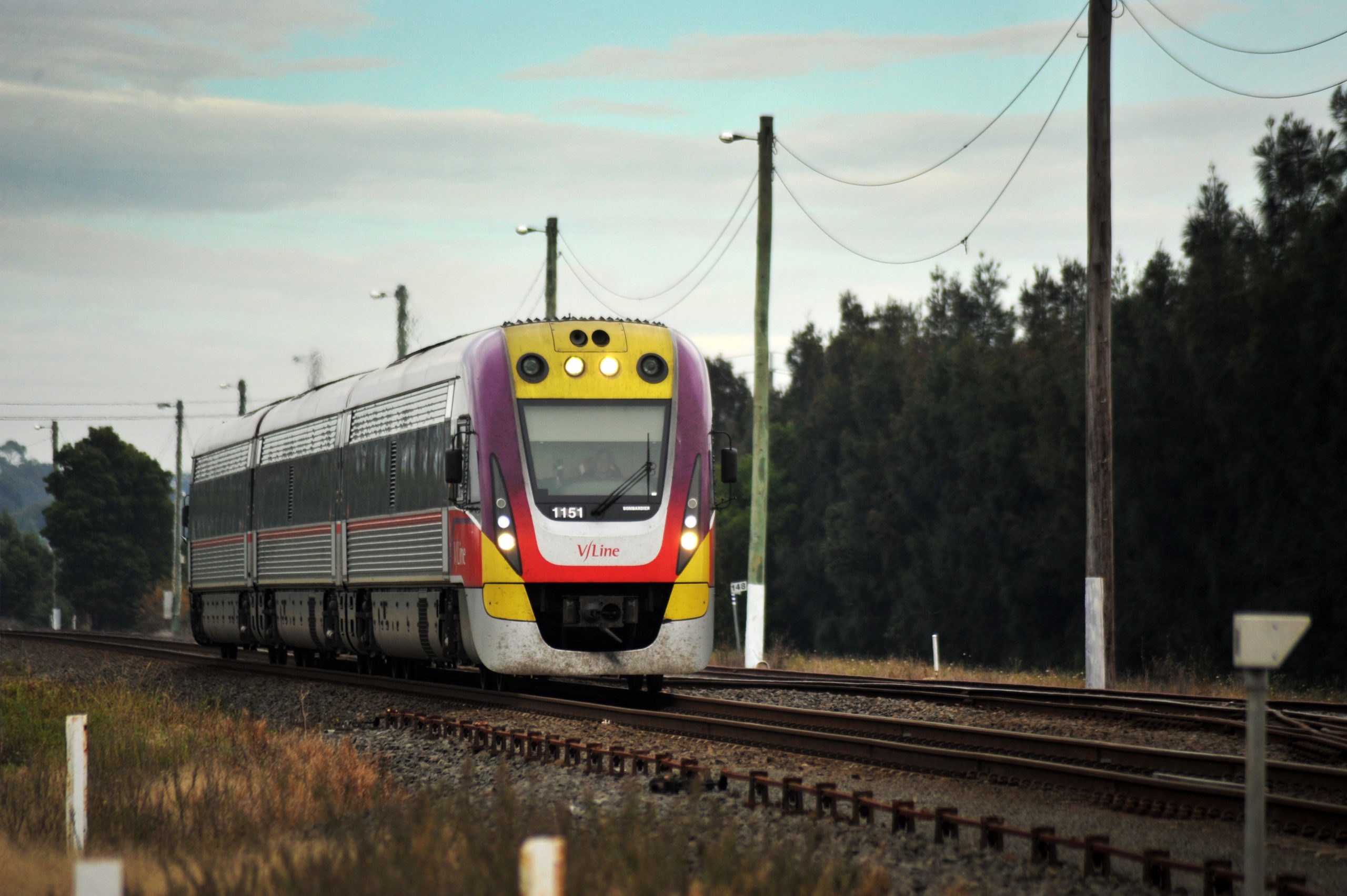Related: Gippsland rail plan hits the mark
A ‘Latrobe Metro’ service and shorter V/Line travel times between Gippsland and Melbourne are part of a regional rail vision in Victoria.
The recommendations feature in a 30-year plan for regional rail development launched by the Rail Futures Institute this week.
The report calls for upgrades to the Gippsland line to accommodate consistent 160 kilometre per hour speeds, reducing travel time to Melbourne by half an hour, and a Metro between Drouin and Sale to dovetail with existing regional services.
RFI honorary secretary Dr Bill Russell said Gippsland had largely missed out on big regional rail investments over the past two decades and was due for an overhaul, including a dedicated regional loop.
“They’re putting that into place in Bendigo; we’ve put into this report how it could be done in Geelong and the Latrobe Valley,” Dr Russell said.
“There’s a lot of travel within the Valley, a lot of people living in Drouin and Warragul (who are) working in the Valley, a lot of schoolkids who might want to go to Federation Uni, a regional college, a private school or Trafalgar High.
“A Latrobe Metro could be implemented between Drouin and Sale to supplement the long distance trains.”
The document acknowledges Gippsland rail services have been “slow and unreliable” on the Dandenong rail corridor in recent years, with regional and metro trains jostling along a single pair of tracks for 58km from Pakenham to Melbourne.
It calls for line quadruplication where possible at the Dandenong bottleneck to South Yarra in the medium term to help improve service frequency and reduce travel times.
Dr Russell said the line would also require attention in the east to enable 130kph travel between Traralgon and Sale.
“In the short term, that’s the next 10 years, the target would be 120 minutes from Traralgon to Melbourne and that involves upgrading the track to 160kph over the whole corridor,” he said.
“It would involve getting rid of the single line between Bunyip and Longwarry and setting up a passing route towards Hernes Oak near Moe and upping to 130kph between Traralgon and Sale.”
The comprehensive report, a year and 70 drafts in the making, was prepared by a cross-section of industry experts in a bid to future proof the transport network for projected population growth.
The RFI is a non-partisan organisation which produces regular submissions to government completely pro-bono.
Dr Russell said RFI recommendations had been adopted by State Government in the past.












